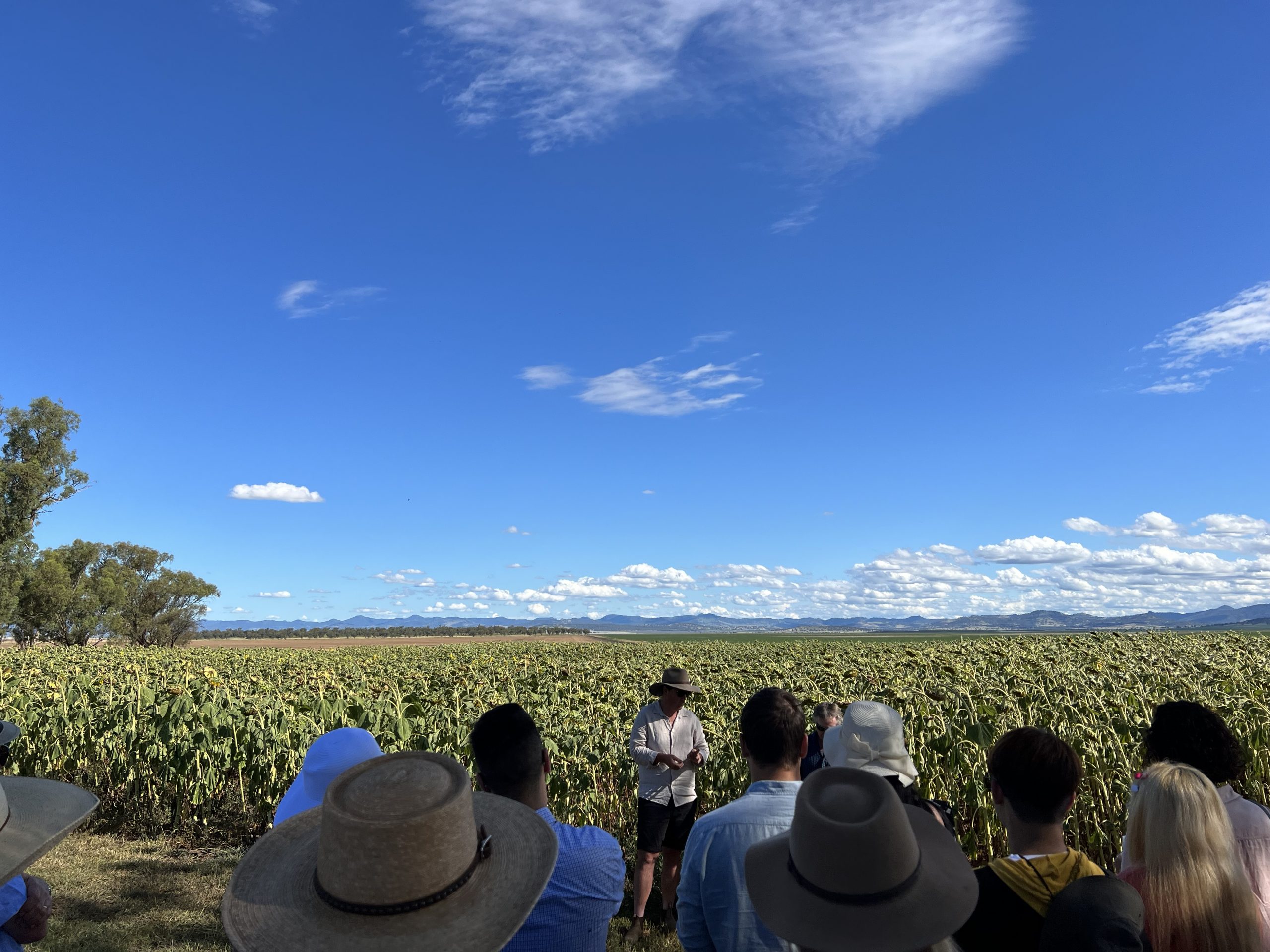
Regionality welcomes game-changing new agritourism rules in NSW
EDITORIAL: Regionality Founder Rose Wright on what the NSW agritourism land use reforms mean for the relationship between farmers, consumers and tourism in our regions, as well as their potential to unlock beneficial agri-diversification nationally.
Thursday’s announcement from the NSW Department of Planning and Environment about rules designed “to make it cheaper and easier for our farmers to diversify their income by starting, running and growing agritourism experiences” is a crucial development for the state’s rural and regional communities and economies.
Regionality is proud to have worked behind the scenes in collaboration with the NSW Small Business Commission (SBC) and other wonderful leaders, to drive these landmark policy reforms, which will come into effect on 1 December 2022. These changes are the result of four years of consultation and advocacy.
Our involvement started in 2017 when we were asked by the team at the SBC to assist in exploring the challenges farmers faced in establishing agritourism. We helped design an approach which included delivering three Agritourism Pilot Programs based on Regionality’s Agritourism Business Development Program, in the Liverpool Plains, Wollondilly and Queanbeyan Palerang LGAs.
37 Farmers participated in these programs, providing insights as we tracked their agritourism journey. Service NSW ‘journey-mapped’ the extraordinarily complicated and convoluted process involved in trying to get a simple agritourism venture approved on a farm.
The removal in NSW of the most arduous barriers to agritourism ventures is a national first, and no other states or territories have been as proactive in this space. We trust that the introduction in NSW of fit-for-purpose controls and regulation in land use planning will encourage rolling change in other jurisdictions.
From my experience working with numerous regions and thousands of farmers aspiring to build resilience and a future for their families, most want to start small and trial before expanding. The state’s new planning framework will allow some small scale activity to occur without having to go through costly and complex development applications.
In the wake of a hugely disruptive pandemic and ongoing climate and natural disaster-related challenges, agritourism has a major role to play in ensuring that farmers can make enough money to justify living and working on their land.
While COVID-19 has seen many seeking out a country lifestyle and more exposure to nature, we are still a highly urban population. Agritourism provides the space for invaluable exchanges between farmers and consumers, telling the story of the farm, showcasing produce, educating consumers and creating experiences that will build the brand and reputation of those working hard to create high quality, fresh, value-added produce.
Some are farming to achieve ecological outcomes, but all care for their land and their animals and this is a way for them to connect with their customers directly.
These reforms also offer an opportunity for farmers to incorporate nature-based tourism into the agritourism story, with environmental enhancement becoming a key part of the value-proposition. It also means regenerative or biodynamic farms may set up processing facilities that support their environmental credentials and elevate the value of their produce.
The need for farmers to be able to innovate is especially acute in areas that are in or near peri-urban regional centres and coastal communities. Agritourism has a vital part to play in ensuring the productive capacity of the land remains viable and available for current and future generations.
At Regionality, we understand the importance of ensuring agritourism ventures are genuinely connected with agricultural production in a sustainable and ethical way. The protection of agricultural land from inappropriate development must always be paramount in any planning system, but until now, those systems have largely restricted a farmer’s ability to add value through authentic agritourism.
Each state and territory’s land use planning legislation is designed to protect agricultural resources, but when systems restrict a farmer’s ability to innovate, it can lead to the very outcomes they intend to prevent. Where conditions present farmers with few options to diversify their income and prepare for lean years, landowners are often driven to either scale-up or sell to development or lifestyle buyers. The flow-on ‘domino effect’ can swiftly impact the broader community of farm businesses. Ensuring we have accessible pathways to establish the right type of agritourism development will help farmers to remain farming and connect people in a real way to food and fibre.
According to NSW Minister for Planning and Minister for Homes, Anthony Roberts, “agritourism is a growing sector for both the Australian and NSW economies and is expected to be worth $18.6 billion nationally by 2030.” That figure could be even higher should more planning reforms follow elsewhere. No system is perfect, but the change to the NSW model is a meaningful start.
By allowing us to more easily open accommodation, provide amenities and welcome more people to our beautiful rural landscapes, we create a boon not just for farmers, but regional communities and all those who visit them.
For the full details about what the new and amended planning terms apply to, and how planning pathways have changed, visit the Agritourism page on the NSW Department of Planning and Environment website.



Jenny Jenner
Can we get Queensland to follow suit!